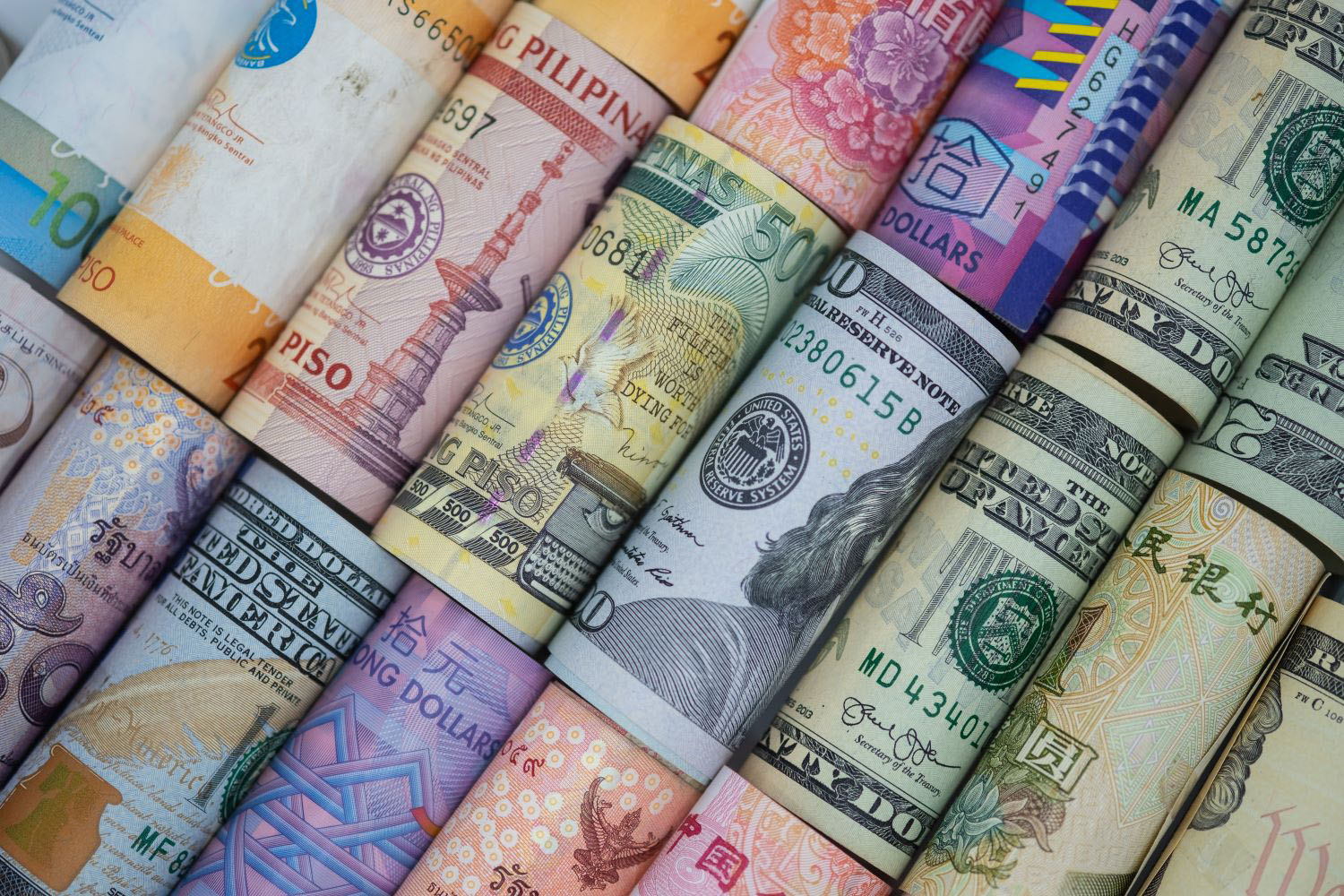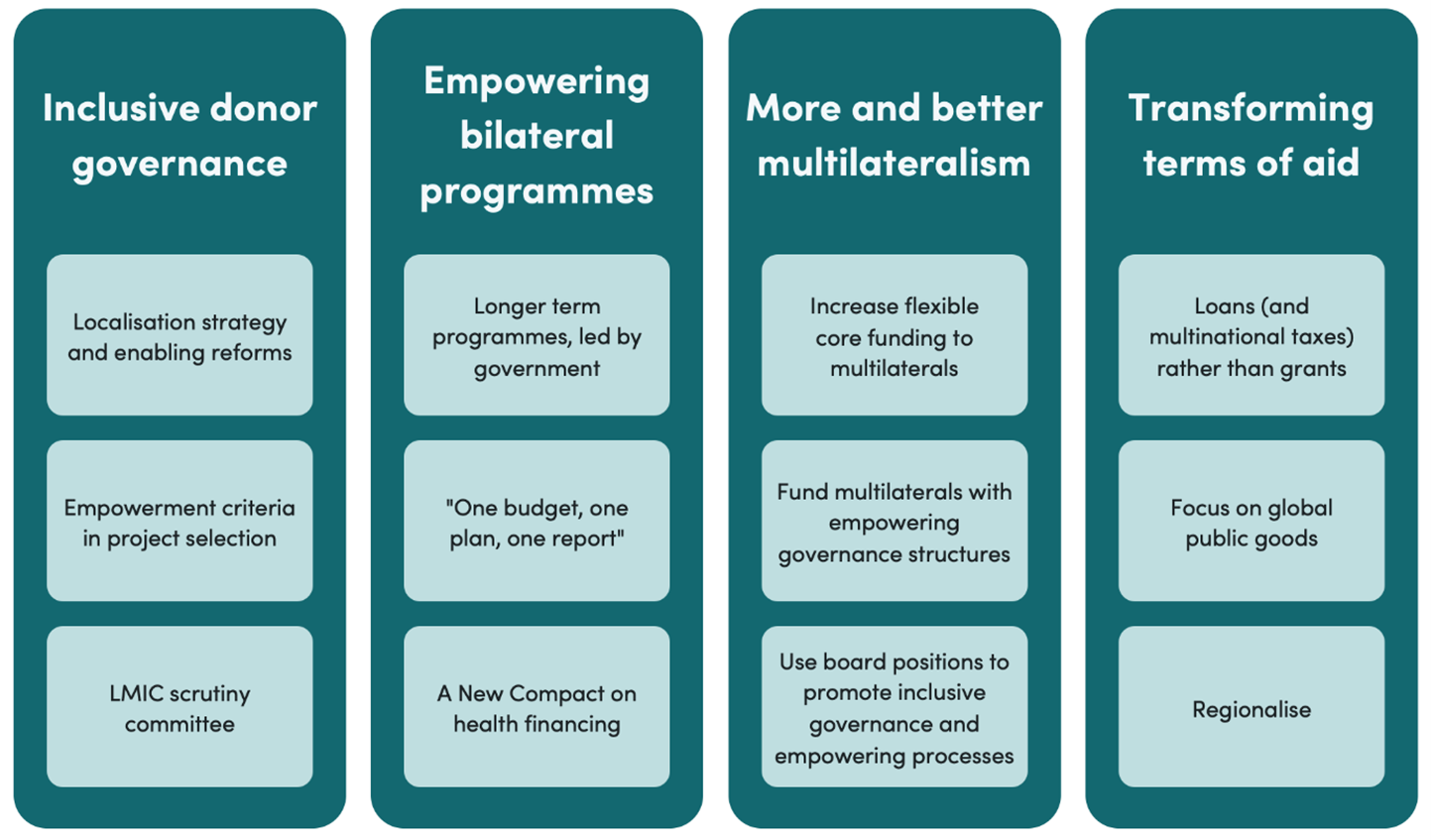October 09, 2009
This is a joint posting with Cindy Prieto. Since the coup ousting Honduran president Manuel Zelaya last June, the international community has responded with strong words and a mix of mostly mild actions. The Organization of American States (OAS) unanimously voted to suspend Honduras when the de facto regime ignored its demand for the immediate reinstatement of Zelaya, and the UN General Assembly has also adopted a resolution denouncing the coup. The United States and European Union have halted some forms of non-humanitarian aid. But despite some calls for action , the United States and other major trade partners have yet to adopt trade sanctions or to freeze the coup leaders' assets.Multilateral institutions, including the World Bank and the Inter-American Development Bank, have halted lending to the nation, declaring a pause in action until there is "greater clarity on the legal status of the government." The IMF recently polled its members about whether to recognize the de facto regime: the results are in and the IMF will only recognize the government of ousted President Zelaya. Consequently, the de facto regime will not have access to $163 million worth of Special Drawing Rights (SDRs) recently allocated to Honduras as part of the global economic stimulus. The underlying implication is clear: groups that launch coups against democratically elected governments do not have a legitimate right to represent the population.These decisions raise an interesting question: can a regime that has come to power through non-democratic means legally bind the state and its people to financial commitments such as sovereign loans? Would it be possible to discourage or even stop such lending, thus increasing pressure on the de facto regime while also sparing the people of Honduras the future burden of illegitimate debt?That such a step would be justified in the case of Honduras becomes more clear with each passing day. Despite strong domestic and international disapproval, the de facto regime has dragged its feet in lifting a September 27th decree curtailing civil liberties, raising questions about whether the restoration of these rights will also be delayed. As daily reports show evidence of increased violence toward citizens and human rights violations, one wonders whether resources obtained by the de facto government will be used to benefit the Honduran population or simply to finance more repression.Having taken the first step by halting IMF funding for Honduras, the OAS and the international community now have an opportunity to increase pressure on the de facto regime, whose sources of funding appear to be dwindling, without creating undue hardship either for countries applying the pressure or for the people of Honduras. How? The international community can declare that future loan obligations made by the de facto regime would not transfer to any legitimate successor government. Potential creditors, realizing that the likelihood of repayment was greatly reduced, would refrain from lending, and the debt burden that the regime would pass to a successor government would be minimized.Such ex ante loan sanctions have two advantages over more traditional trade sanctions.
Since the coup ousting Honduran president Manuel Zelaya last June, the international community has responded with strong words and a mix of mostly mild actions. The Organization of American States (OAS) unanimously voted to suspend Honduras when the de facto regime ignored its demand for the immediate reinstatement of Zelaya, and the UN General Assembly has also adopted a resolution denouncing the coup. The United States and European Union have halted some forms of non-humanitarian aid. But despite some calls for action , the United States and other major trade partners have yet to adopt trade sanctions or to freeze the coup leaders' assets.Multilateral institutions, including the World Bank and the Inter-American Development Bank, have halted lending to the nation, declaring a pause in action until there is "greater clarity on the legal status of the government." The IMF recently polled its members about whether to recognize the de facto regime: the results are in and the IMF will only recognize the government of ousted President Zelaya. Consequently, the de facto regime will not have access to $163 million worth of Special Drawing Rights (SDRs) recently allocated to Honduras as part of the global economic stimulus. The underlying implication is clear: groups that launch coups against democratically elected governments do not have a legitimate right to represent the population.These decisions raise an interesting question: can a regime that has come to power through non-democratic means legally bind the state and its people to financial commitments such as sovereign loans? Would it be possible to discourage or even stop such lending, thus increasing pressure on the de facto regime while also sparing the people of Honduras the future burden of illegitimate debt?That such a step would be justified in the case of Honduras becomes more clear with each passing day. Despite strong domestic and international disapproval, the de facto regime has dragged its feet in lifting a September 27th decree curtailing civil liberties, raising questions about whether the restoration of these rights will also be delayed. As daily reports show evidence of increased violence toward citizens and human rights violations, one wonders whether resources obtained by the de facto government will be used to benefit the Honduran population or simply to finance more repression.Having taken the first step by halting IMF funding for Honduras, the OAS and the international community now have an opportunity to increase pressure on the de facto regime, whose sources of funding appear to be dwindling, without creating undue hardship either for countries applying the pressure or for the people of Honduras. How? The international community can declare that future loan obligations made by the de facto regime would not transfer to any legitimate successor government. Potential creditors, realizing that the likelihood of repayment was greatly reduced, would refrain from lending, and the debt burden that the regime would pass to a successor government would be minimized.Such ex ante loan sanctions have two advantages over more traditional trade sanctions.
 Since the coup ousting Honduran president Manuel Zelaya last June, the international community has responded with strong words and a mix of mostly mild actions. The Organization of American States (OAS) unanimously voted to suspend Honduras when the de facto regime ignored its demand for the immediate reinstatement of Zelaya, and the UN General Assembly has also adopted a resolution denouncing the coup. The United States and European Union have halted some forms of non-humanitarian aid. But despite some calls for action , the United States and other major trade partners have yet to adopt trade sanctions or to freeze the coup leaders' assets.Multilateral institutions, including the World Bank and the Inter-American Development Bank, have halted lending to the nation, declaring a pause in action until there is "greater clarity on the legal status of the government." The IMF recently polled its members about whether to recognize the de facto regime: the results are in and the IMF will only recognize the government of ousted President Zelaya. Consequently, the de facto regime will not have access to $163 million worth of Special Drawing Rights (SDRs) recently allocated to Honduras as part of the global economic stimulus. The underlying implication is clear: groups that launch coups against democratically elected governments do not have a legitimate right to represent the population.These decisions raise an interesting question: can a regime that has come to power through non-democratic means legally bind the state and its people to financial commitments such as sovereign loans? Would it be possible to discourage or even stop such lending, thus increasing pressure on the de facto regime while also sparing the people of Honduras the future burden of illegitimate debt?That such a step would be justified in the case of Honduras becomes more clear with each passing day. Despite strong domestic and international disapproval, the de facto regime has dragged its feet in lifting a September 27th decree curtailing civil liberties, raising questions about whether the restoration of these rights will also be delayed. As daily reports show evidence of increased violence toward citizens and human rights violations, one wonders whether resources obtained by the de facto government will be used to benefit the Honduran population or simply to finance more repression.Having taken the first step by halting IMF funding for Honduras, the OAS and the international community now have an opportunity to increase pressure on the de facto regime, whose sources of funding appear to be dwindling, without creating undue hardship either for countries applying the pressure or for the people of Honduras. How? The international community can declare that future loan obligations made by the de facto regime would not transfer to any legitimate successor government. Potential creditors, realizing that the likelihood of repayment was greatly reduced, would refrain from lending, and the debt burden that the regime would pass to a successor government would be minimized.Such ex ante loan sanctions have two advantages over more traditional trade sanctions.
Since the coup ousting Honduran president Manuel Zelaya last June, the international community has responded with strong words and a mix of mostly mild actions. The Organization of American States (OAS) unanimously voted to suspend Honduras when the de facto regime ignored its demand for the immediate reinstatement of Zelaya, and the UN General Assembly has also adopted a resolution denouncing the coup. The United States and European Union have halted some forms of non-humanitarian aid. But despite some calls for action , the United States and other major trade partners have yet to adopt trade sanctions or to freeze the coup leaders' assets.Multilateral institutions, including the World Bank and the Inter-American Development Bank, have halted lending to the nation, declaring a pause in action until there is "greater clarity on the legal status of the government." The IMF recently polled its members about whether to recognize the de facto regime: the results are in and the IMF will only recognize the government of ousted President Zelaya. Consequently, the de facto regime will not have access to $163 million worth of Special Drawing Rights (SDRs) recently allocated to Honduras as part of the global economic stimulus. The underlying implication is clear: groups that launch coups against democratically elected governments do not have a legitimate right to represent the population.These decisions raise an interesting question: can a regime that has come to power through non-democratic means legally bind the state and its people to financial commitments such as sovereign loans? Would it be possible to discourage or even stop such lending, thus increasing pressure on the de facto regime while also sparing the people of Honduras the future burden of illegitimate debt?That such a step would be justified in the case of Honduras becomes more clear with each passing day. Despite strong domestic and international disapproval, the de facto regime has dragged its feet in lifting a September 27th decree curtailing civil liberties, raising questions about whether the restoration of these rights will also be delayed. As daily reports show evidence of increased violence toward citizens and human rights violations, one wonders whether resources obtained by the de facto government will be used to benefit the Honduran population or simply to finance more repression.Having taken the first step by halting IMF funding for Honduras, the OAS and the international community now have an opportunity to increase pressure on the de facto regime, whose sources of funding appear to be dwindling, without creating undue hardship either for countries applying the pressure or for the people of Honduras. How? The international community can declare that future loan obligations made by the de facto regime would not transfer to any legitimate successor government. Potential creditors, realizing that the likelihood of repayment was greatly reduced, would refrain from lending, and the debt burden that the regime would pass to a successor government would be minimized.Such ex ante loan sanctions have two advantages over more traditional trade sanctions.- First, unlike trade sanctions, where countries that evade the sanctions can reap a windfall profit, loan sanctions would be self-enforcing: potential creditors would refrain from lending for fear of not being able to collect on these debts. Indeed, it seems likely that if the OAS, including the United States, voted to impose such ex ante sanctions, that banks in countries outside the Americas would also refrain from making such loans, since future Honduran governments would argue that they are not obliged to repay—and any creditor would have difficulty trying to collect in U.S. courts.
- Second, trade sanctions have been criticized for hurting people in the targeted countries, with no evident benefit beyond putting pressure on the regime. With loan sanctions, while the populace may indeed face near-term hardship, citizens also benefit in the long run, by avoiding the burden of future debt repayment. And loan sanctions may bring pressure more directly on the target regime than trade sanctions. Regimes can get by without imports more easily than they can get by without cash.
Disclaimer
CGD blog posts reflect the views of the authors, drawing on prior research and experience in their areas of expertise. CGD is a nonpartisan, independent organization and does not take institutional positions.





